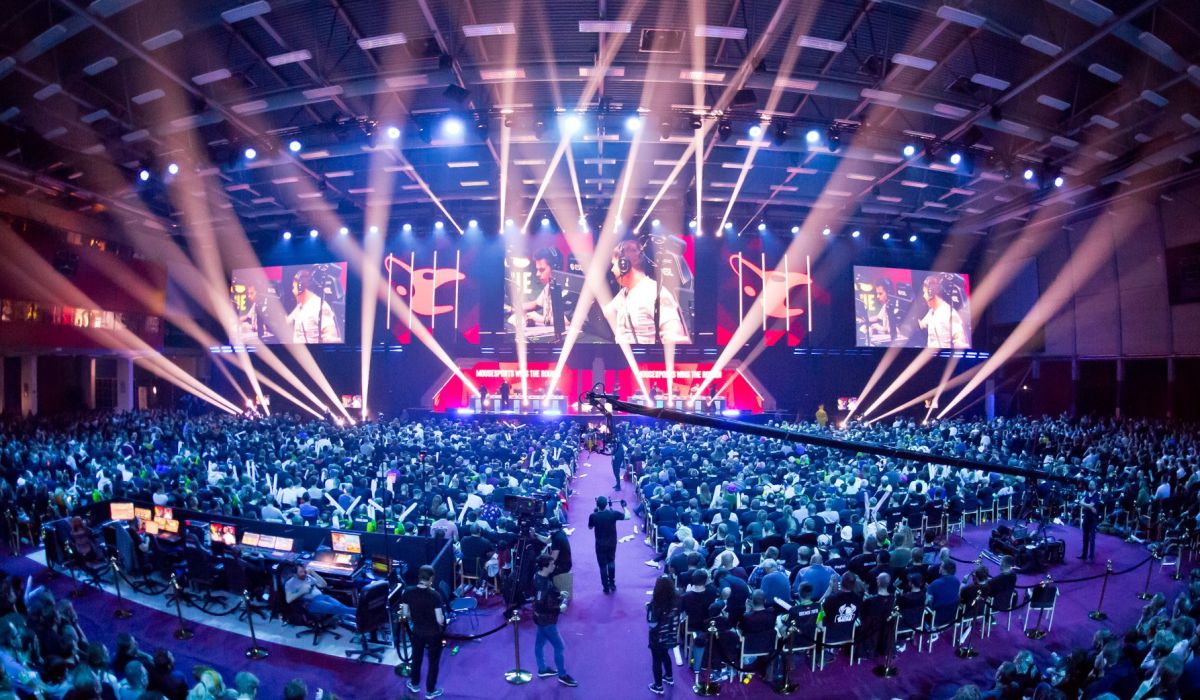
For illicit betting and match-fixing, counter-strike players of Australia got arrested by the police and tournament organizer. The situation gets out of control, and it becomes severe, and the FBI in North America interested in cleaning up all the illegal activities in playing. To tackle the situation, law enforcement and Esports Integrity Commission is working together.
Counter-strike Players do Match-Fixing
In a recent YouTube video, Ian Smith’s interview reveals the information in the current time. To prevent match-fixing across Australian counterstrike, Victoria Police collaborated with the ESIC organization, but the matter is worse than that.
In a conversation with YouTuber Slash32, in North American MDL, match-fixing suspects are a minor and valuable group of players. The investment is going on them, Smith said.
Smit said that “I would explain it as a classic match-fixing”. To rig matches, players got bribe from the betting syndicates rather than on their initiative players. Because for so long it’s going on, then the suspect it’s much more organized.
With FBI and law enforcement, they collaborated, and a unit of sports betting investigation recently formed. Until recently, in the United States, sports betting has never been common; for this reason, the company lacks expertise, but they are competent. As a result, in this situation, everyone is still getting their grips.
On Australia’s match-fixing inquiry, Smith has given an update. The things get slowed down by Australia’s match-fixing. With a couple of few weeks, charges would announce, Smith said.
Smith was referring to a case when earlier of this year, Australian players got massive bans. Some players earned yearly violations for creating a wager on their games.
For making multiple bets on a match, they were playing in a small group of players get suspended.
From in-game chat, corroborating content, and Discord logs by cross-referencing information, ESIC was competent to build their case.
Match-Fixing Problem
Andreas Krannich, managing director of integrity services, explained that the match-fixers would continuously target vulnerable leagues.
The syndicates recognized that match-fixing is a significant change, and they learned their lesson. To contacts, the team, players, and coach they have using the digital communication power.
